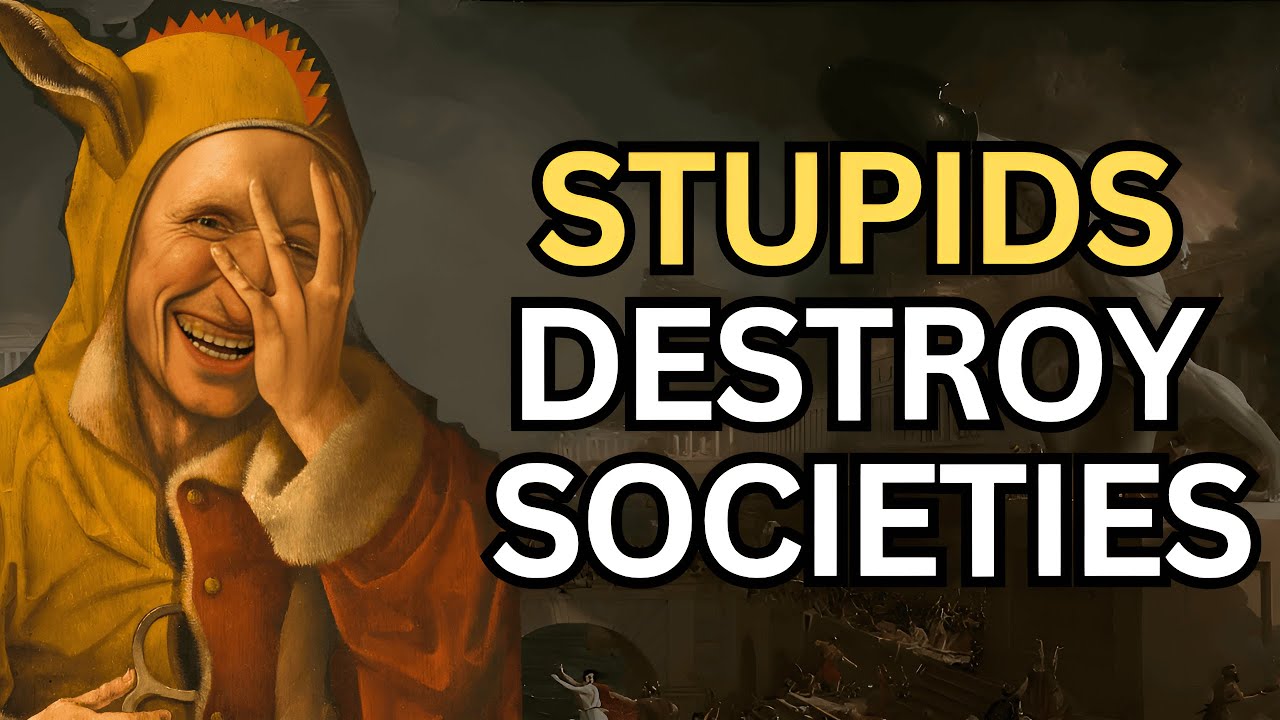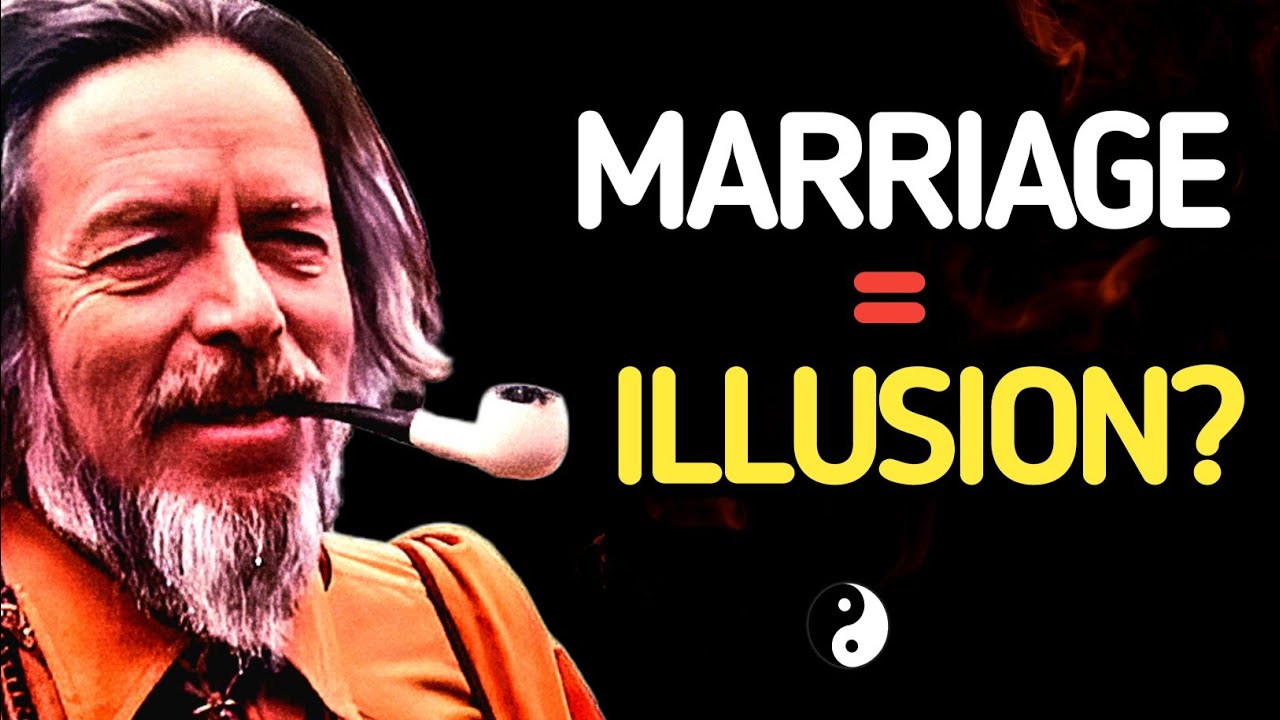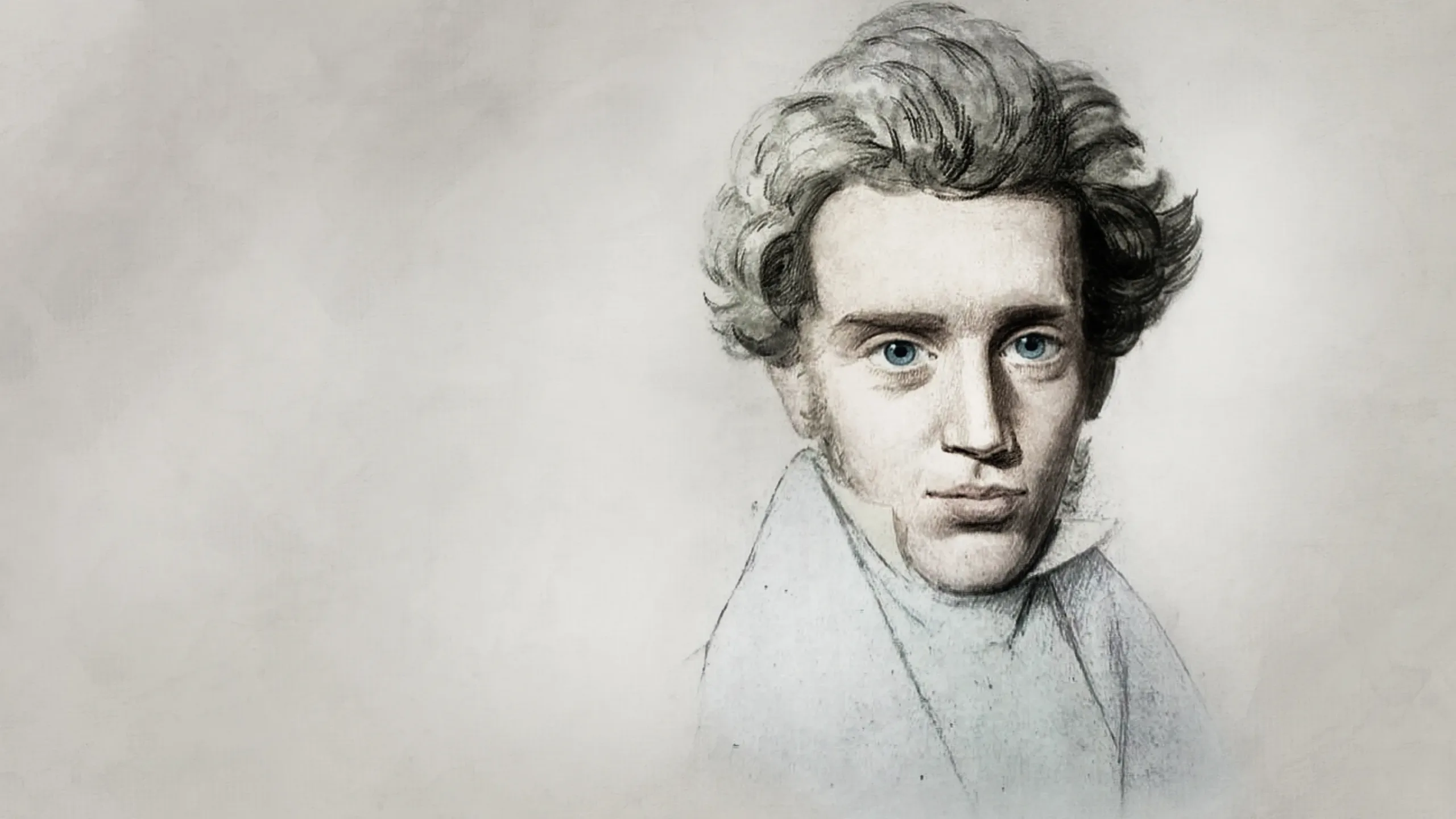
The Rising Tide of Stupidity
Is society actively getting dumber? It often feels like we’re in a collective freefall, celebrating ignorance instead of challenging it. From the viral glorification of “hot takes” to the erosion of intellectual debate, stupidity feels less like an accident and more like a movement. The death of intelligence, it seems, has become a spectacle.
But how did we get here? Why is critical thinking dismissed as elitist? And why have memes and misinformation replaced the pursuit of knowledge?
This thought-provoking article examines the devaluation of intelligence in modern society, explores its roots, and offers insight into how we can prevent intellectual curiosity from becoming extinct.
A Historical Context: Intelligence Once Admired
There was a time when intelligence wasn’t just respected but revered.
Think back to the early 20th century when scientists like Albert Einstein became household names, writers like Ernest Hemingway inspired generations, and explorers sparked global curiosity. Knowledge was a prized currency, and intellect was synonymous with progress.
Yet, somewhere along the way, society made a trade-off.
Pursuing innovation and discovery gave way to the pursuit of convenience and instant gratification. Education became less about fostering independent thought and more about producing workers who followed instructions. The cultural obsession with critical thinking faded, replaced by a growing focus on conformity over curiosity.
The U.S., in particular, transformed from a nation of poets and innovators into one seduced by consumerism. Passion for intellectual growth slowly eroded, leaving behind an unquenchable hunger for easy answers and low-effort entertainment.
(This applies to other countries as well, especially Lebanon.) Our generation cannot name one philosopher, writer, or thinker still alive.)
The Devaluation of Knowledge
Today, knowledge is not only devalued but treated with suspicion. Intelligence has become something to mock or dismiss rather than admire. If you dare present facts or ask complex questions, you might hear accusations of being a “know-it-all” or “elitist.”
Critical thinking is often viewed as a personal attack. Even facts backed by evidence are easily dismissed. Misinformation thrives as people gravitate toward confirmation bias and emotional satisfaction rather than logical reasoning.
This rise of anti-intellectualism is dangerous. Without critical examination, we become susceptible to slogans, oversimplified narratives, and manipulative ideologies. The consequences ripple across politics, media, and culture, endangering the very foundation of progress and innovation.
Conformity and Distraction
One of the driving forces behind the death of intelligence is societal conformity. Over the past century, systems have been designed to prioritize obedient followers over independent thinkers. Suburbanization, regimented education systems, and mass-produced culture have all dulled humanity’s inquisitive edge.
- Education Systems: Many modern schools focus on creating compliant students who excel at standardized tests that value rote learning over critical thinking.
- Corporate Culture: The push for “team players” over disruptors has discouraged out-of-the-box thinking in the workplace.
- Media Consumption: Social media echo chambers and fast-paced news cycles reward emotional reactions over measured deliberations.
This saturation of mindless content has created a society addicted to distraction.
The dopamine rush of likes, shares, and endless scrolling drowns intellectual curiosity.
Stupidity as Entertainment: The Fast Food of the Mind
Stupidity isn’t just tolerated; it’s commercialized. Reality TV, clickbait, and meaningless social media challenges dominate public consciousness.
This cheap entertainment distracts us from meaningful issues and lowers our intellectual standards.
Much like fast food, stupidity is easy to consume but ultimately harmful. It provides short-term satisfaction while starving our brains of the nourishment they require. And just as an overindulgence in junk food can harm physical health, an overindulgence in shallow entertainment erodes rational thought and emotional intelligence.
The Consequences of Celebrating Ignorance
The cultural glorification of ignorance poses significant risks. When facts are disposable, and surface-level thinking is embraced, multiple sectors of society suffer.
- Politics: Misinformation campaigns thrive in a poorly informed electorate, reducing accountability and empowering manipulation.
- Science: A lack of respect for scientific research results in movements like climate change denial and anti-vaccine rhetoric, putting lives at risk.
- Economy: Without innovative and critical thinkers, industries stagnate, and economic growth slows.
The long-term effect is a society that struggles to solve complex problems because it lacks the tools and intellectual discipline to analyze them critically.
Rediscovering Intelligence and Curiosity
But hope is far from lost. Intelligence isn’t dead. It’s hibernating, waiting for people courageous enough to wake it up.
Here’s how we can rekindle intellectual curiosity and challenge the celebration of stupidity in modern society:
- Promote Critical Thinking in Education: Redefine educational systems to prioritize creativity, inquiry, and problem-solving skills over standardized testing.
- Consume Consciously: Seek content that challenges your viewpoints and fosters deeper thinking, such as books, documentaries, or informative podcasts.
- Encourage Intellectual Curiosity: Make learning an act of rebellion against conformity. Question commonly held beliefs, and don’t mistake popular opinions for absolute truths.
- Reject Anti-Intellectualism: Resist narratives that label knowledge as elitist or academic inquiry as unnecessary. Intelligence is not a class privilege; it’s a human right.
- Engage in Civil Discourse: Foster respectful debates and conversations. Understand that disagreement doesn’t make someone your enemy.
Intelligence Isn’t Dead – It’s Hung Over
The death of intelligence is not inevitable, but continuing to glorify stupidity will only deepen its grave. Society needs to wake up and shake off its addiction to shallow thinking.
Intelligence doesn’t scream for attention, but it’s what keeps the lights on. It’s what builds bridges instead of burning them.
Eventually, when society faces a crisis that is too great to ignore, intelligence will hold the duct tape to fix the mess.
Be that person. Hold on to curiosity. Question everything. Challenge the norm. Intelligence isn’t just worth celebrating; it’s worth fighting for.
2 Comments
Leave A Comment

The Rising Tide of Stupidity
Is society actively getting dumber? It often feels like we’re in a collective freefall, celebrating ignorance instead of challenging it. From the viral glorification of “hot takes” to the erosion of intellectual debate, stupidity feels less like an accident and more like a movement. The death of intelligence, it seems, has become a spectacle.
But how did we get here? Why is critical thinking dismissed as elitist? And why have memes and misinformation replaced the pursuit of knowledge?
This thought-provoking article examines the devaluation of intelligence in modern society, explores its roots, and offers insight into how we can prevent intellectual curiosity from becoming extinct.
A Historical Context: Intelligence Once Admired
There was a time when intelligence wasn’t just respected but revered.
Think back to the early 20th century when scientists like Albert Einstein became household names, writers like Ernest Hemingway inspired generations, and explorers sparked global curiosity. Knowledge was a prized currency, and intellect was synonymous with progress.
Yet, somewhere along the way, society made a trade-off.
Pursuing innovation and discovery gave way to the pursuit of convenience and instant gratification. Education became less about fostering independent thought and more about producing workers who followed instructions. The cultural obsession with critical thinking faded, replaced by a growing focus on conformity over curiosity.
The U.S., in particular, transformed from a nation of poets and innovators into one seduced by consumerism. Passion for intellectual growth slowly eroded, leaving behind an unquenchable hunger for easy answers and low-effort entertainment.
(This applies to other countries as well, especially Lebanon.) Our generation cannot name one philosopher, writer, or thinker still alive.)
The Devaluation of Knowledge
Today, knowledge is not only devalued but treated with suspicion. Intelligence has become something to mock or dismiss rather than admire. If you dare present facts or ask complex questions, you might hear accusations of being a “know-it-all” or “elitist.”
Critical thinking is often viewed as a personal attack. Even facts backed by evidence are easily dismissed. Misinformation thrives as people gravitate toward confirmation bias and emotional satisfaction rather than logical reasoning.
This rise of anti-intellectualism is dangerous. Without critical examination, we become susceptible to slogans, oversimplified narratives, and manipulative ideologies. The consequences ripple across politics, media, and culture, endangering the very foundation of progress and innovation.
Conformity and Distraction
One of the driving forces behind the death of intelligence is societal conformity. Over the past century, systems have been designed to prioritize obedient followers over independent thinkers. Suburbanization, regimented education systems, and mass-produced culture have all dulled humanity’s inquisitive edge.
- Education Systems: Many modern schools focus on creating compliant students who excel at standardized tests that value rote learning over critical thinking.
- Corporate Culture: The push for “team players” over disruptors has discouraged out-of-the-box thinking in the workplace.
- Media Consumption: Social media echo chambers and fast-paced news cycles reward emotional reactions over measured deliberations.
This saturation of mindless content has created a society addicted to distraction.
The dopamine rush of likes, shares, and endless scrolling drowns intellectual curiosity.
Stupidity as Entertainment: The Fast Food of the Mind
Stupidity isn’t just tolerated; it’s commercialized. Reality TV, clickbait, and meaningless social media challenges dominate public consciousness.
This cheap entertainment distracts us from meaningful issues and lowers our intellectual standards.
Much like fast food, stupidity is easy to consume but ultimately harmful. It provides short-term satisfaction while starving our brains of the nourishment they require. And just as an overindulgence in junk food can harm physical health, an overindulgence in shallow entertainment erodes rational thought and emotional intelligence.
The Consequences of Celebrating Ignorance
The cultural glorification of ignorance poses significant risks. When facts are disposable, and surface-level thinking is embraced, multiple sectors of society suffer.
- Politics: Misinformation campaigns thrive in a poorly informed electorate, reducing accountability and empowering manipulation.
- Science: A lack of respect for scientific research results in movements like climate change denial and anti-vaccine rhetoric, putting lives at risk.
- Economy: Without innovative and critical thinkers, industries stagnate, and economic growth slows.
The long-term effect is a society that struggles to solve complex problems because it lacks the tools and intellectual discipline to analyze them critically.
Rediscovering Intelligence and Curiosity
But hope is far from lost. Intelligence isn’t dead. It’s hibernating, waiting for people courageous enough to wake it up.
Here’s how we can rekindle intellectual curiosity and challenge the celebration of stupidity in modern society:
- Promote Critical Thinking in Education: Redefine educational systems to prioritize creativity, inquiry, and problem-solving skills over standardized testing.
- Consume Consciously: Seek content that challenges your viewpoints and fosters deeper thinking, such as books, documentaries, or informative podcasts.
- Encourage Intellectual Curiosity: Make learning an act of rebellion against conformity. Question commonly held beliefs, and don’t mistake popular opinions for absolute truths.
- Reject Anti-Intellectualism: Resist narratives that label knowledge as elitist or academic inquiry as unnecessary. Intelligence is not a class privilege; it’s a human right.
- Engage in Civil Discourse: Foster respectful debates and conversations. Understand that disagreement doesn’t make someone your enemy.
Intelligence Isn’t Dead – It’s Hung Over
The death of intelligence is not inevitable, but continuing to glorify stupidity will only deepen its grave. Society needs to wake up and shake off its addiction to shallow thinking.
Intelligence doesn’t scream for attention, but it’s what keeps the lights on. It’s what builds bridges instead of burning them.
Eventually, when society faces a crisis that is too great to ignore, intelligence will hold the duct tape to fix the mess.
Be that person. Hold on to curiosity. Question everything. Challenge the norm. Intelligence isn’t just worth celebrating; it’s worth fighting for.
2 Comments
-
The last sentence 👌
Leave A Comment
Table of content
- The Rising Tide of Stupidity
- A Historical Context: Intelligence Once Admired
- The Devaluation of Knowledge
- Conformity and Distraction
- Stupidity as Entertainment: The Fast Food of the Mind
- The Consequences of Celebrating Ignorance
- Rediscovering Intelligence and Curiosity
- Intelligence Isn’t Dead – It’s Hung Over





The last sentence 👌
🤝🤝🤝